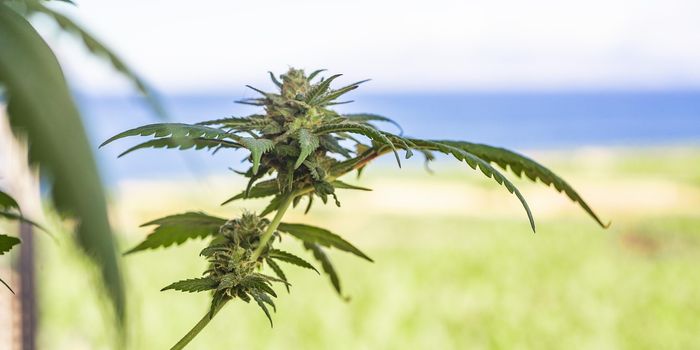Global Turtle Decline Adversely Impacts the Surrounding Ecosystem
The Earth is home to a wide assortment of turtle species, but many populations continue to decline despite rigorous conservation efforts that are intended to protect them. Out of the 365 known turtle species worldwide, current estimates imply that nearly 61% of those are either susceptible to the threat of extinction or already extinct.
Conservationists recognize that turtles are among some of the world’s most critically-endangered vertebrates today, but as it appears, there a lot more to the story.
Image Credit: Pixabay
As a study published this week in the journal BioSciences points out, the decline of global turtle populations may potentially trigger chain reactions in the surrounding environment. Even more alarmingly, these chain reactions aren’t well-understood, nor are they well-documented for that matter.
"Our goal is to provide resource managers with a full picture of the state of these iconic animals worldwide, and what long-term impacts our environment might experience if populations continue to decrease and species loss continues," explained study lead author Jeffrey Lovich from the U.S. Geological Survey.
"Turtles contribute to the health of many environments, including desert, wetland, freshwater, and marine ecosystems, and their decline may lead to negative effects on other species, including humans, that may not be immediately apparent."
Related: Biofluorescent sea turtles? Where?!
As it would seem, turtles are vital players in many of the naturally-occurring mechanisms found in nature. Among those, they support a healthy food web, scatter plant seeds, and produce habitats that smaller organisms depend on for predator evasion.
We can attribute turtle population declines to a variety of factors including climate change, exploitation, and habitat destruction. If trends continue at the rate they’re going today, then nature’s mechanisms mentioned above could be disrupted, or worse, permanently cease to exist.
"Our purpose is to inform the public of the many critical ecological roles turtles perform on a global scale and bring awareness to the plight of these emblematic animals whose ancestors walked with the dinosaurs," added Whit Gibbons, an ecologist with the University of Georgia and a co-author of the study.
"These modern descendants of an ancient lineage are touchstones for how human influences are causing the decline of so much of the world's wildlife. Our hope is that everyone will be encouraged to engage in concerted efforts to conserve their well-earned legacy as part of our natural habitats."
Related: Beach chair allegedly to blame for sea turtle's premature death
While previous studies have considered the impacts of declining turtle populations on an individual basis, this study is one of the first to merge them into a bigger picture; one that can be brought to the attention of conservationists to devise a better plan.
Most people don’t realize it, but if one animal goes extinct, it can echo down the entire food web, or prevent some of mother nature’s natural mechanisms from taking place. It just so happens that turtles play a significant role in this space, thus protecting them should be one of our utmost priorities.
Source: University of Georgia, BioSciences









